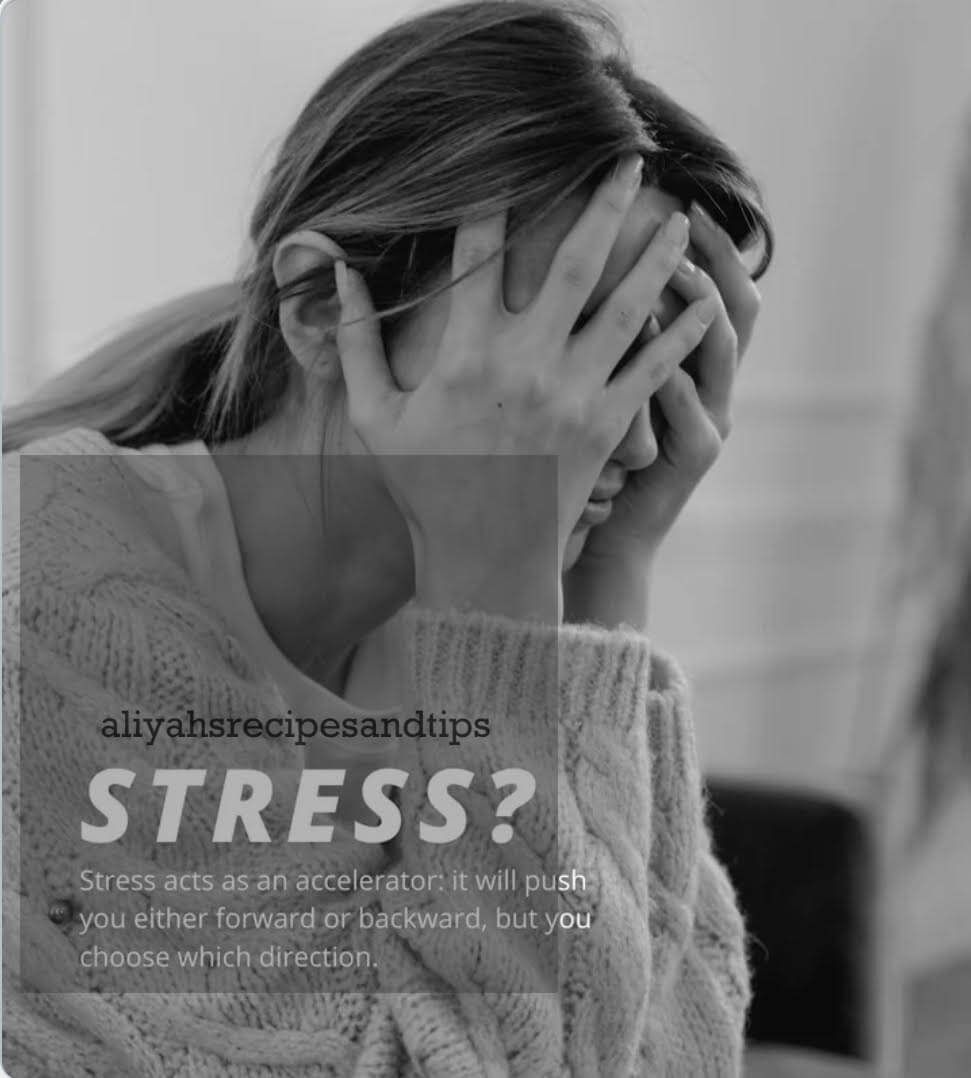Reducing stress is essential for maintaining overall well-being. Here are some strategies that can help individuals manage and reduce stress:
- Identify stress triggers: Identify the specific situations, events, or thoughts that tend to trigger stress. Awareness of these triggers can help individuals develop strategies to manage them effectively.
- Practice stress management techniques:
a. Deep breathing exercises: Deep breathing can activate the body’s relaxation response and help reduce stress. Take slow, deep breaths through the nose, hold for a few seconds, and exhale slowly through the mouth.
b. Meditation and mindfulness: Engaging in practices like Meditation or mindfulness can help calm the mind, increase self-awareness, and reduce stress. Set aside a few minutes daily to focus on the present moment and observe thoughts and sensations without judgment.
c. Physical activity: Regular exercise and physical activity can help reduce stress by releasing endorphins (feel-good hormones) and promoting relaxation. Find activities you enjoy, such as walking, jogging, yoga, or dancing, and incorporate them into your routine.
d. Progressive muscle relaxation: This technique involves tensing and releasing different muscle groups to promote relaxation and reduce tension. Start from your toes and work up to your head, tensing and relaxing each muscle group for a few seconds.
e. Time management: Effective time management can reduce stress by helping individuals prioritize tasks, set realistic goals, and allocate time for relaxation and self-care. Utilize strategies like creating to-do lists, setting deadlines, and breaking tasks into smaller, manageable steps.
3. Foster a healthy lifestyle:
a. Get enough sleep: Prioritize quality sleep by maintaining a regular sleep schedule, creating a relaxing bedtime routine, and ensuring a comfortable sleep environment. Sufficient sleep is crucial for restoring the body and mind.
b. Eat a balanced diet: Nourish your body with nutritious foods, including fruits, vegetables, whole grains, lean proteins, and healthy fats. Avoid excessive caffeine, sugary foods, and processed snacks, as they can contribute to stress and energy fluctuations.
c. Limit alcohol and substance use: While alcohol and certain substances may provide temporary relief, they can worsen stress and negatively affect mental and physical health. Practice moderation or avoid them altogether.
d. Maintain social connections: Spending time with loved ones, friends, and supportive individuals can help alleviate stress. Engage in social activities, seek emotional support, and maintain healthy relationships.
4. Engage in self-care activities: Dedicate time to activities that bring joy, relaxation, and fulfillment. Engage in hobbies, practice self-compassion, engage in creative outlets, listen to music, read, take baths, or spend time in nature.
5. Seek support: Do not hesitate to seek support from friends, family, or professionals. Talking about stressors and seeking guidance can provide valuable insights and coping strategies.
6. Get enough sleep: Adequate sleep is essential for managing stress. Establish a regular sleep routine by going to bed and waking up at consistent times. Create a sleep-friendly environment that is cool, dark, and quiet. Avoid screens and stimulating activities before bed to promote better sleep.
Remember, everyone’s experience with stress is unique, so it’s essential to find strategies that work best for you. Experiment with different techniques and practices to discover what helps you manage and reduce stress effectively.
Finding what resonates with you and incorporating stress reduction practices into your daily routine is essential. You can reduce stress and promote overall well-being by prioritizing self-care, seeking support, and implementing stress management techniques.
If you’re experiencing chronic or severe stress interfering with your daily functioning and well-being, it may be a good idea to seek medical help.
If you missed the post on stress, check here
Don’t forget to subscribe to the Aliyahsrecipesandtips newsletter for free and receive the new post notifications in your inbox.
Follow me on social media:


